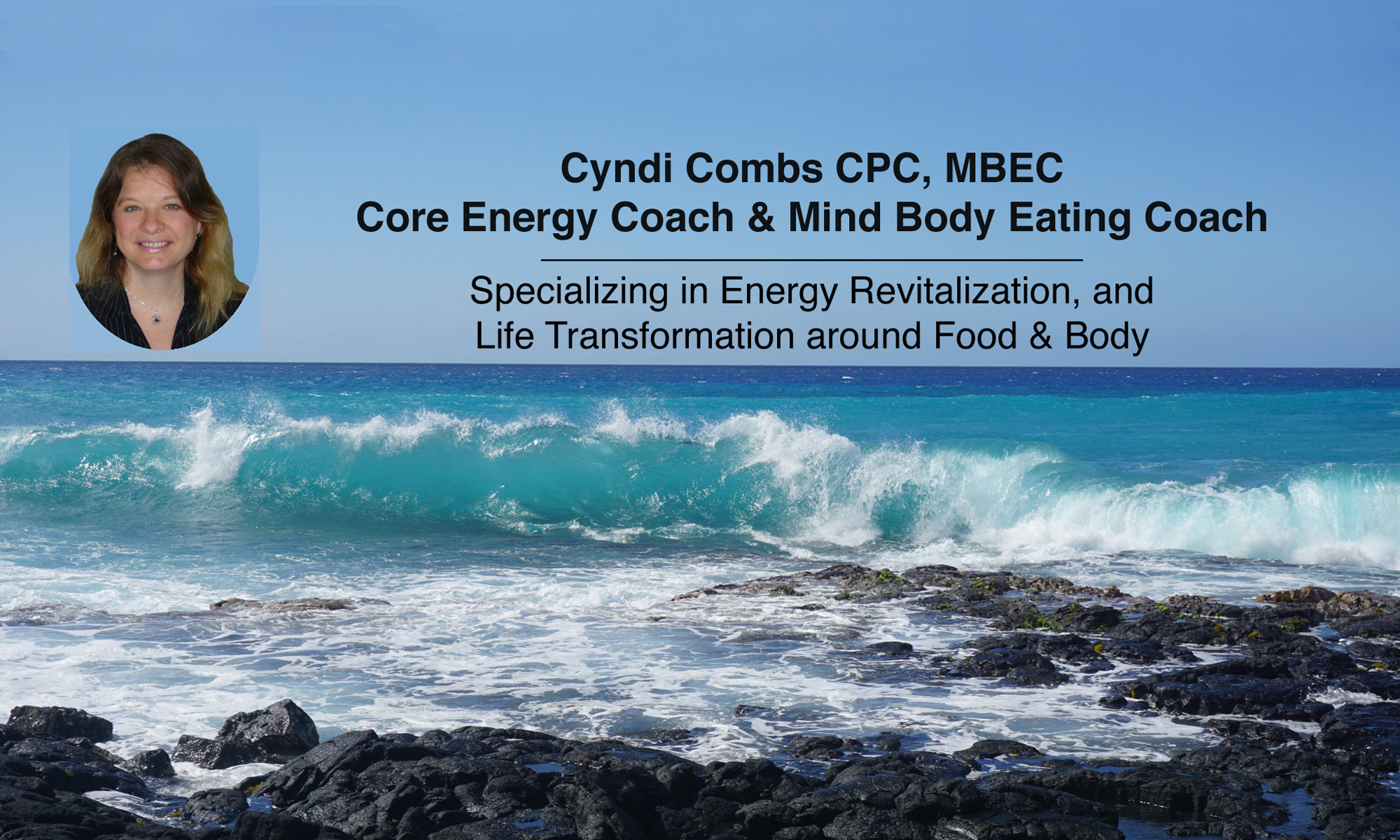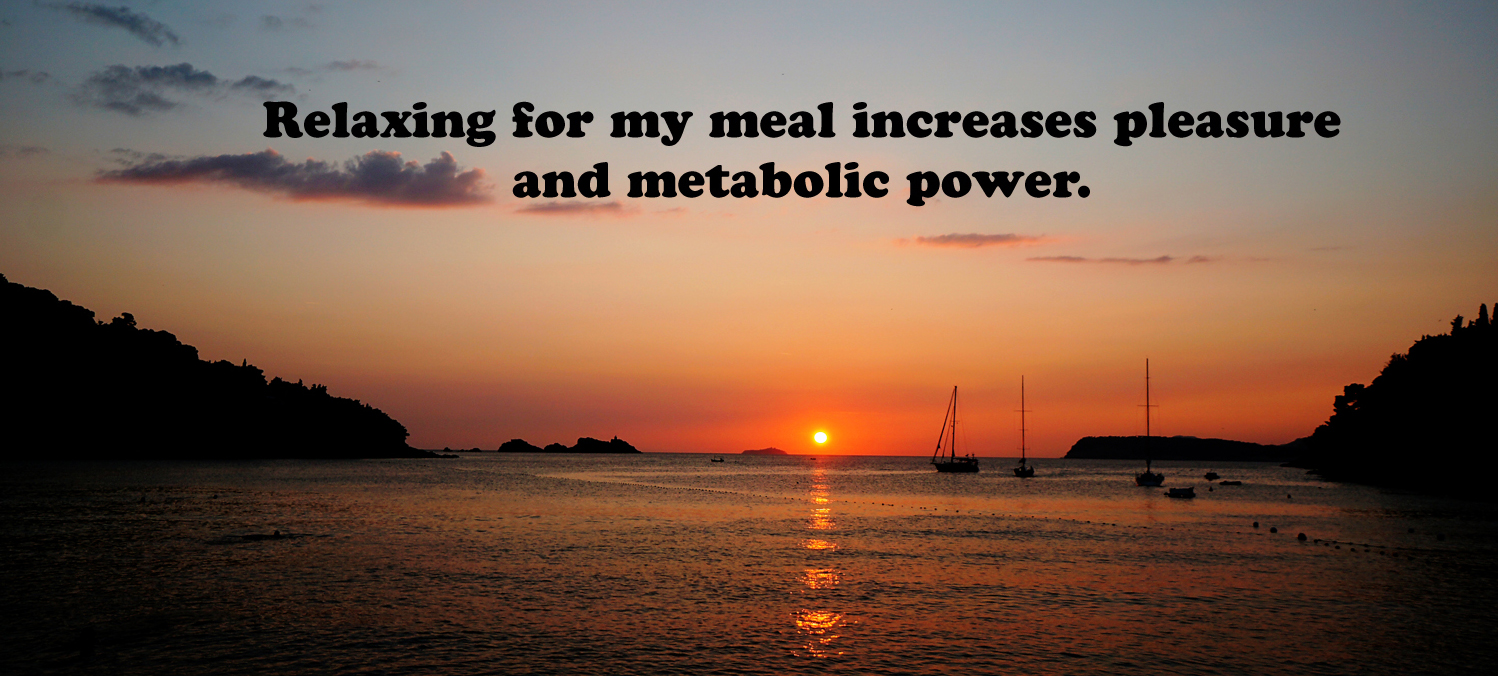
Remember last week’s blog post when I talked about stress, the effects of stress on our body, and the difference between life stress and self-chosen stress?
If not click this link to read all about it!
This week I want to talk about one self-chosen stressor in particular. It’s insidious in our culture, and most of us are not even aware that it is a stressor!
Are you a fast eater, a slow eater, or a moderately paced eater?
Ninety percent of people asked this question answered, “fast”. And guess what? Human biology interprets eating fast as being stressed.
Remember, we saw that constant low-level stress causes increased insulin, and increased cortisol which can lead to:
- weight gain
- inability to lose weight
- inability to build muscle
- decreased calorie burning
- increased fat deposits at midsection
- increased inflammation
- gut microbiome die off
- nutrient wasting
- decreased energy
- appetite deregulation
- desensitivity to pleasure
- decreased metabolism
- decreased Thyroid function
- decreased oxygen uptake
- poor sleep
Imagine how this affects us if we have a weight challenge, or body transformation goal! Even if we are not pursuing a food and body goal, none of these optimizes our health. It makes complete sense that we want to reduce stress whenever possible.
If you answered that you are a “fast” or even “moderately paced” eater, then you have now identified a stressor that you can choose to get rid of! Reducing stress always has positive benefits, so why wouldn’t we put some effort into slowing down with our food?
The main reason is because eating fast is a habit.
Generally, until someone asks us this question, we never even consider our eating speed. In fact part of the problem is that many of us never even consider our food!
We may skip breakfast or grab a pastry at the coffee shop, then eat lunch at the desk or running between clients, then grab some take out on the way home for dinner. If any of these behaviors sound familiar, then you have a golden opportunity to release some of the stress that you carry!
(Slowing down with food is also a first step in releasing patterns of bingeing, after-dinner eating, and overeating.)
If you are interested in trying to break the habit of eating fast, you have much to gain! So what do you have to lose (besides stress)?
Here are some other symptoms caused or exacerbated by fast eating which can also diminish or go away completely:
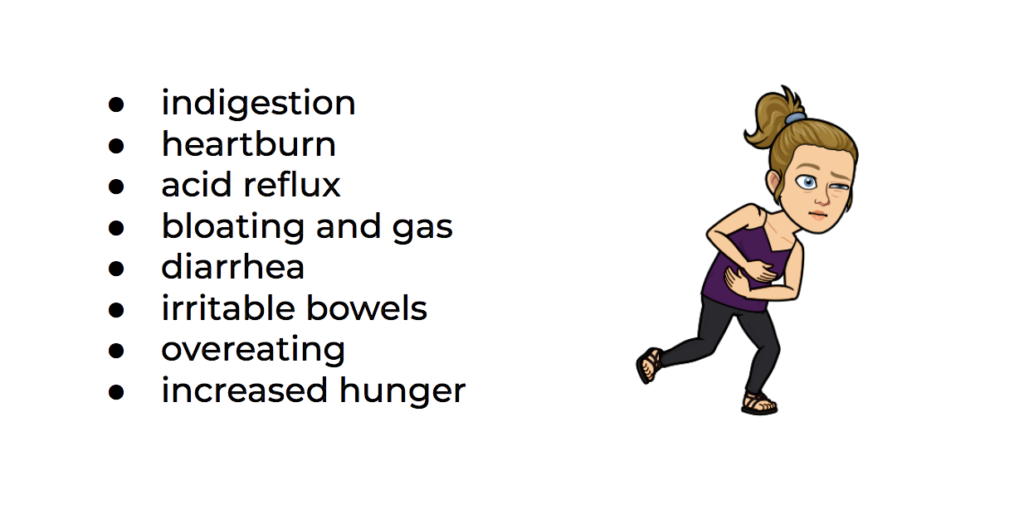
Eating fast is a habit. Eating more slowly requires some effort because we are creating a new habit, and new habits take time. This is NOT about counting bites. This is about relaxing with food and increasing pleasure! This is about enjoying our mealtimes and boosting happiness. This is about being present, becoming aware & listening to our body.
Fast eating is a habit.
Slow eating is a habit worth cultivating.
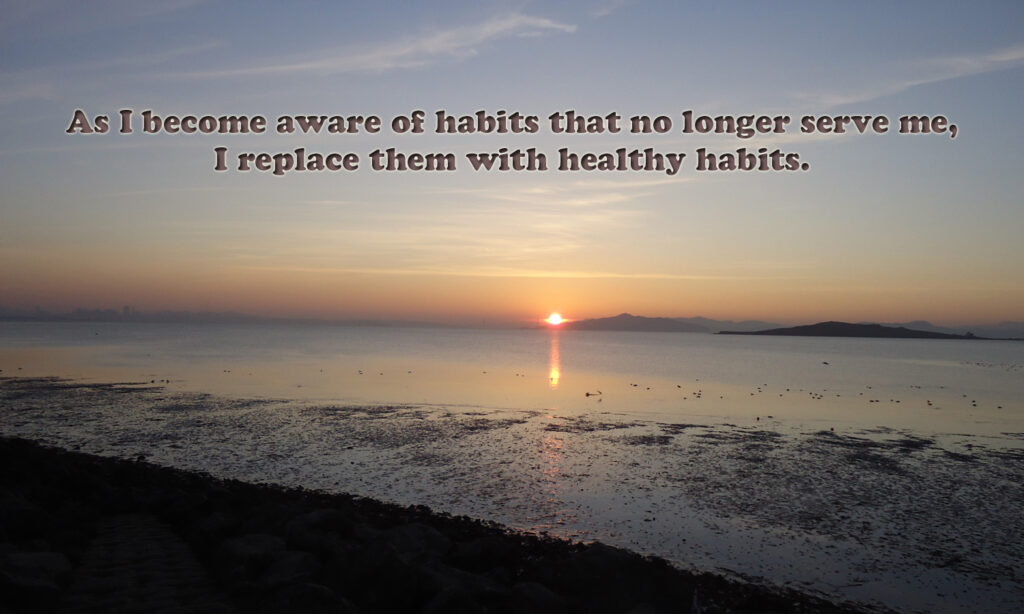
Grow on!
If you want to release the stress of fast eating, start by coming to your meals in as relaxed a state as you can. Try to eat somewhere quiet when possible, or at the very least not in an environment that feels stressful. Don’t watch the news, and incorporate some music that relaxes you if that appeals to you.
Before you begin to eat, take two or three grounding breaths. Allow your heart rate to calm, then turn your attention to your meal. Be present with your food. Savor the flavor. Explore the textures on your tongue. Really enjoy the relaxed time with your food. Food is meant to be a satisfying pleasure.
If you are eating food you do not enjoy, ask yourself, “why?”. Food is meant to nourish body, mind and spirit, and we absorb far more nourishment from food we enjoy than from food we do not enjoy.
If you generally take 5 minutes for your meal, try to make it last 10 or 15 minutes. If you generally eat in 15 minutes, try to stretch that out to half an hour.
I hear you!
Life is busy. Sometimes, unfortunately, we might actually have only five minutes to eat. We can still approach our meal in a more relaxed and calm manner. If you truly only have a short time, make that time count. Breathe deeply and relax. Taste what you are eating. Be present to the flavor and texture.
Enjoy!
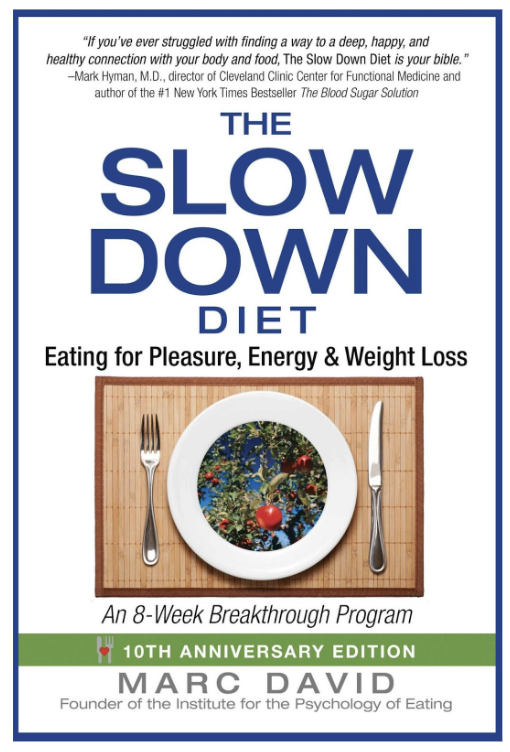
Find lots more information on the benefits of slowing down when we eat in this fabulous book by Marc David, the founder for the Institute for the Psychology of Eating.
